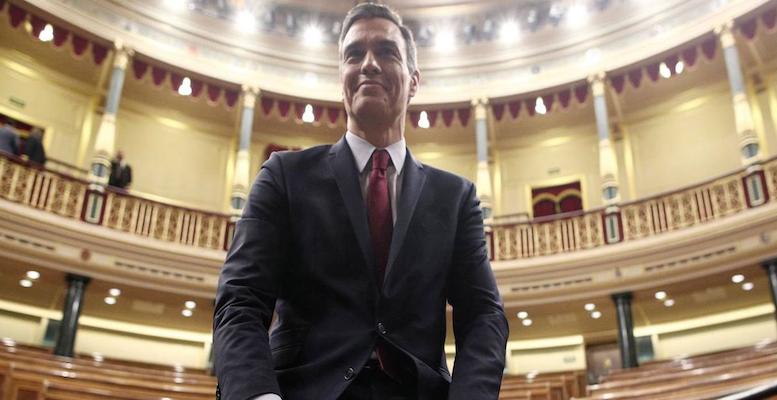JP Marín-Arrese | The Spanish PM Sánchez seeks to regain his dwindling popular support after the crushing defeat in Madrid’s regional elections back in May. At mid-term, he discovered, much to his surprise, the cost of enforcing long-lasting restrictions to overcome the pandemic. The Opposition took advantage of the people’s weariness and fear of lay-offs. His initial steps to stage a large-scale inclusive revolution either faded away or didn’t pay off. When a crisis looms, only jobs matter.
Pedro Sánchez has deeply reshuffled his Cabinet and switched his priorities in a frantic attempt to boost his dim electoral prospects. He has time enough for performing a comeback. Two years in politics stands as an eternity. Yet, the never-ending rift within his coalition government saps such a strategy, the leftist Podemos partner opposing every single measure put forward by Socialist Ministers.
Betting on a robust recovery, he has launched a campaign for ensuring a fairer share of the incoming wealth for those at the lower end of the labour market. The minimum wage will gradually increase to meet 60% of average earnings in a couple of years. This move will only offer a muted enticement compared to the skyrocketing upsurge performed at the beginning of his term. Moreover, potential beneficiaries only represent around 8% of the overall workforce. As the Bank of Spain warns, it might also act as a barrier for unskilled young people to secure a job. Combatting social inequality is usually better served by increasing employment opportunities.
His announcement comes amid widespread anxiety over the steeply rising electricity bill, especially for those most in need. The Government unwisely spotlighted this market by shifting the regulated tariffs and imposing levies on power concerns. While heralding such moves would prevent any hike, the unstoppable escalation in wholesale prices has disavowed such claims, denting prospects of higher real earnings. Inflationary pressures already visible across the board might derail the PM’s plans.
He should be aware of the mounting concern about imbalances. Sooner rather than later, a more stringent approach to excessive deficit and debt will replace the current free-ride. Even if Brussels funding bridges the gap, for the time being, complacency towards running unchecked public finances will not last too long. Counting on everlasting recovery could prove an ill-judged bet.





